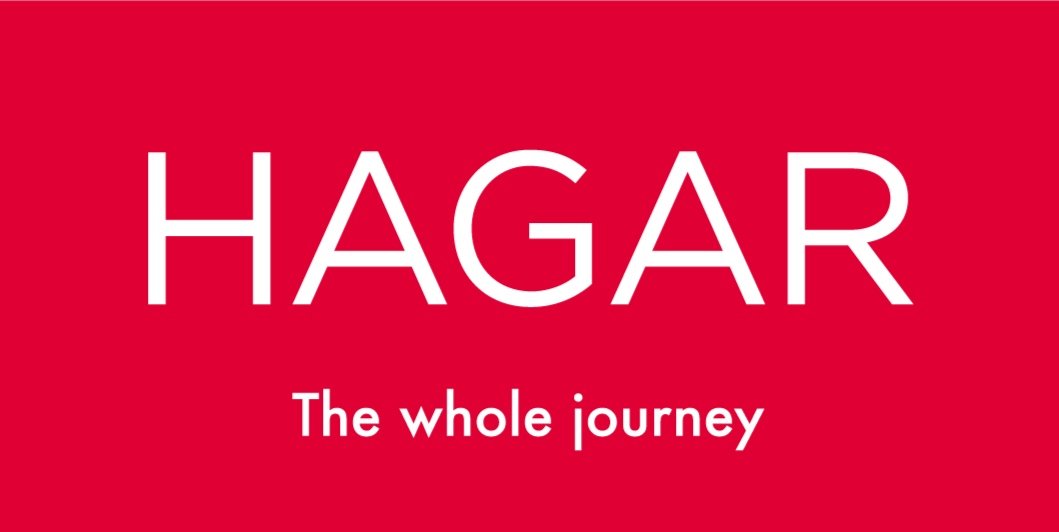2023 Global Slavery Index: Urgent Action Required to End Modern Slavery
The recently released 2023 Global Slavery Index sheds light on the worsening global slavery crisis, revealing alarming statistics and highlighting the need for immediate action. This blog post explores the key findings from the report, including the growing prevalence of modern slavery, the role of G20 nations, the impact of climate change, and the urgent actions required to combat this grave violation of human rights.
1. Alarming Rise in Modern Slavery
The number of people living in modern slavery has surged to 50 million, with an increase of 10 million compared to five years ago. The rise can be attributed to complex conflicts, environmental degradation, climate-induced migration, the rollback of women's rights, and the socio-economic impacts of the COVID-19 pandemic.
The top 10 countries most affected by modern slavery include:
North Korea
Eritrea
Mauritania
Saudi Arabia
Türkiye
Tajikistan
United Arab Emirates
Russia
Afghanistan
Kuwait
2. The Role of G20 Nations
The report underscores the significant role played by G20 nations in perpetuating forced labour within global supply chains, including state-imposed forced labour. With over half of all people living in modern slavery, G20 countries also import a staggering US$468 billion worth of at-risk products annually. This statistic is a harrowing illustration of how major economies are entwined in modern slavery. This heightens the urgent need for effective action.
We examine the implications of these findings and discuss the responsibility that G20 nations bear in addressing this issue.
Modern slavery can be found across various industries in G20 countries, including but not limited to textile, manufacturing and construction industries. This is because G20 nations have complex and interconnected supply chains that often span the globe. The desire for cheap products and inadequate oversight can contribute to the continuation of exploitative labour practices. The notion that forced labour thrives within global supply chains suggests a systemic issue. As key players in the global economy, these nations have the ability to exert significant influence over supply chains. This means that not only can G20 countries address the modern slavery issue within their own borders, but they can also set a standard and assume responsibility for the well-being of individuals exploited across international supply chains by influencing policy changes, regulations and practices that can mitigate exploitation.
Consumers also play a pivotal role in combatting the issue of modern slavery within global supply chains by choosing to support companies with strong ethical sourcing and supply chain transparency, such as those that are Fair Trade certified. As consumer demand drives the market, increased engagement with ethical brands creates a competitive incentive for companies to improve their supply chain practices and become more transparent.
3. Climate Change and Exploitation
The report explains how climate-induced migration, intensified weather events, and environmental degradation increase the vulnerability of communities, pushing them into unplanned migration. This heightens their risks of exploitation as disrupting their social support network, and resources make them ideal targets for unregulated work opportunities, often with low wages, poor working conditions and abusive employers.
We explore the sectors at high risk of forced labour, including mining, logging, and textile/garment manufacturing, contributing to climate degradation. All these aforementioned sectors contribute to soil erosion, ecosystem degradation and air contamination. Furthermore, extracting raw materials for these sectors can deplete non-renewable resources, exacerbating the unsustainable use of natural resources.
4. Government Stagnation and the Path Forward
Despite the worsening crisis, the report reveals a lack of process in government response, particularly among countries with traditionally stronger responses. The international community remains far from achieving the UN Sustainable Development Goal 8.7 of ending modern slavery, forced labour, and human trafficking by 2030. We discuss the urgent need for governments to take immediate action and present five key actions recommended by the report to combat modern slavery effectively. For those looking to take immediate action, the Freedom United petition aims to secure Australia’s Modern Slavery Act as the strongest in the world.
Australia is committed to increasing supply chain transparency. The Modern Slavery Act (2018) requires large businesses operating in Australia to report on the risk of modern slavery in their supply chains via an annual modern slavery statement detailing the company’s efforts to address modern slavery risks in their operations and supply chains. These statements must include due diligence processes and risk assessments. Furthermore, the Australian government provides support services for victims of human trafficking and modern slavery, including accommodation, counselling, legal assistance and access to healthcare.
5. Demanding Immediate Action
Walk Free, the human rights group behind the Global Slavery Index, calls governments worldwide to step up their efforts to eradicate modern slavery. We emphasise the situation's urgency and echo the organisation's plea for political will. By implementing stronger measures, embedding anti-slavery practices in humanitarian and crisis responses, prioritising human rights when engaging with repressive regimes, focusing on prevention and protection for vulnerable populations, and ensuring effective legal protections, governments can make significant progress towards ending modern slavery.
The Global Slavery Index 2023 serves as a wake-up call, highlighting the increasing prevalence of modern slavery and the urgent need for global action. Governments, businesses, and individuals must collectively address this heinous crime and protect human rights. By heeding the report's recommendations and prioritising the fight against modern slavery, we can create a world that upholds the principles of justice, equality, and freedom for all. For more information, read the 2023 Global Slavery Index.
With modern slavery skyrocketing and global response dwindling, Hagar’s work is now more important than ever. With an unwavering dedication to supporting survivors of trafficking, slavery and exploitation, Hagar is working to break the cycle of abuse. In a world where vulnerability is exacerbated by factors such as forced migration, unregulated labour and environmental instability, Hagar’s multifaced approach to recovery, rehabilitation, education, and empowerment is essential.
